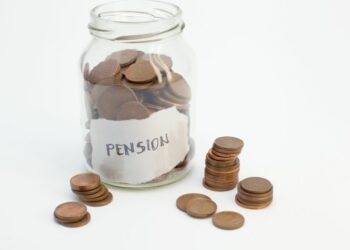SIPPs: what taxes are payable on death?
What happens to your self-invested personal pension (SIPP) when you die? If you hold a SIPP, the timing of your death directly affects the tax liabilities faced by your chosen beneficiary.
Your chosen beneficiary (as an important aside, this is determined by the name you have given to your pension company, not the name in your most recent will) will receive 100% of the funds remaining in your SIPP at the time of your death.
They will not pay inheritance tax on your pension fund, regardless of when you die and regardless of whether they choose to take a lump sum or income from the fund.
However, they could still be liable for income tax on your pension fund.
What taxes are due on my SIPP if I die before I am 75?
If you die before your 75th birthday, your beneficiaries face no inheritance tax or income tax liability on your SIPP, providing your fund is designated (transferred into your beneficiary’s name) within two years of your death.
There is no time limit on when your beneficiary can access the funds in your SIPP. They can choose to take income from your fund at any time (not just within the initial two-year period required for the funds to be designated), or take their complete share of the funds in a single lump sum. Neither option will face income tax.
What death taxes are due on my SIPP if I die after I am 75?
If you die after your 75th birthday, your beneficiary will still face no inheritance tax on the funds in your SIPP. However, they will be liable for income tax – at their marginal rate – regardless of whether they take a lump sum or use the fund to provide an ongoing income.
Important details to remember about passing on your SIPP
- You can choose to nominate more than one beneficiary, split in whatever proportion you choose. Simply tell your pension company who your chosen beneficiaries are and what percentage of your fund each beneficiary should receive.
- If your chosen beneficiary is a trust, it will receive your fund as a lump sum and will be liable for 45% tax.
- If your chosen beneficiary is a charity and you die after your 75th birthday, no tax will be due on your remaining fund – but only if you have no surviving dependents.
- Your SIPP can be passed from beneficiary to beneficiary for as long as it still has funds remaining. So if your fund is particularly large, your beneficiaries choose to withdraw from the fund at a particularly slow rate, or your beneficiaries do not live long after your own death, your funds could provide financial assistance to many more generations beyond your own children.
To discuss your retirement planning and how to reduce your inheritance tax bill, contact us at our Abu Dhabi or London offices.
About Author
How can we help you?
If you would like to speak to one of our advisers, please get in touch today.




